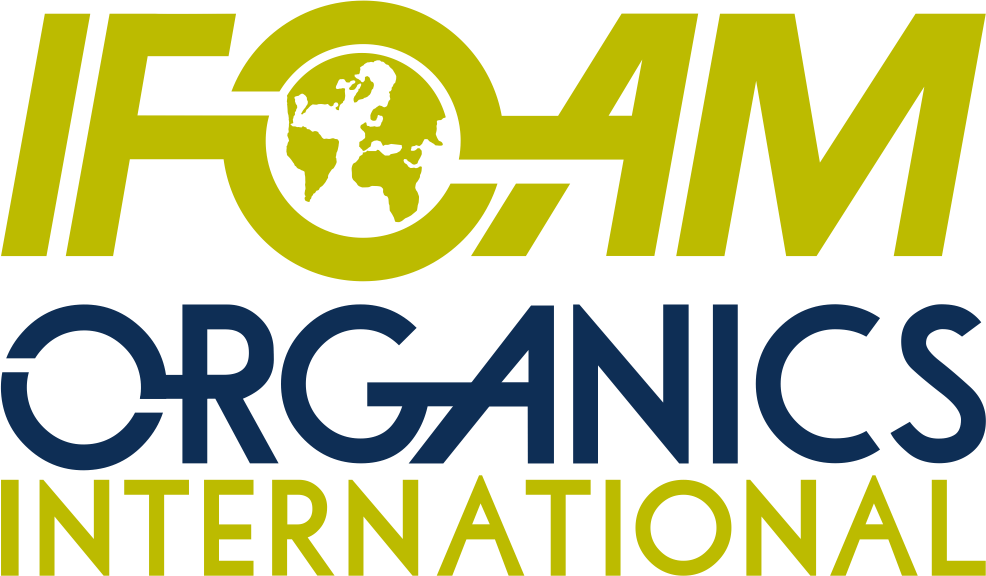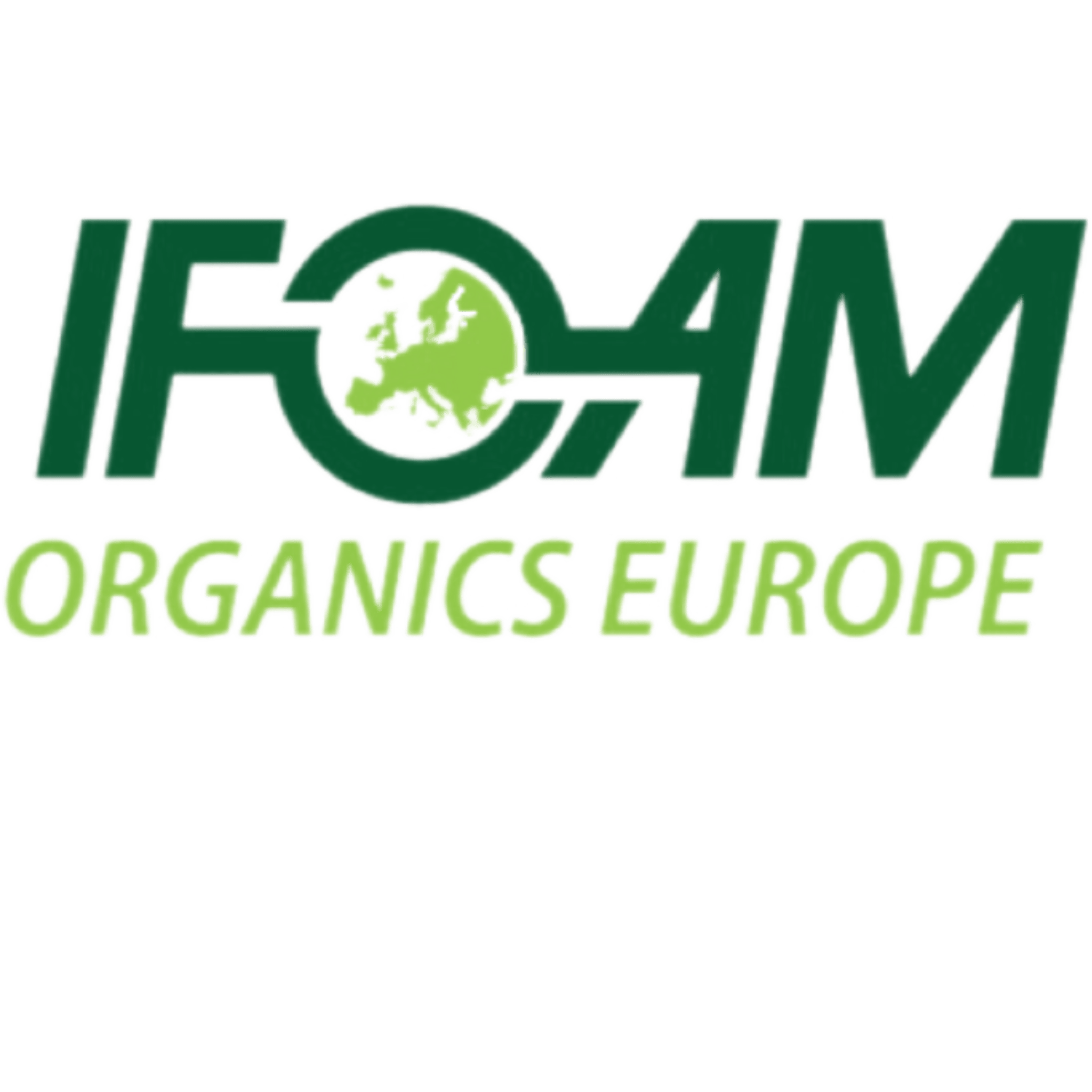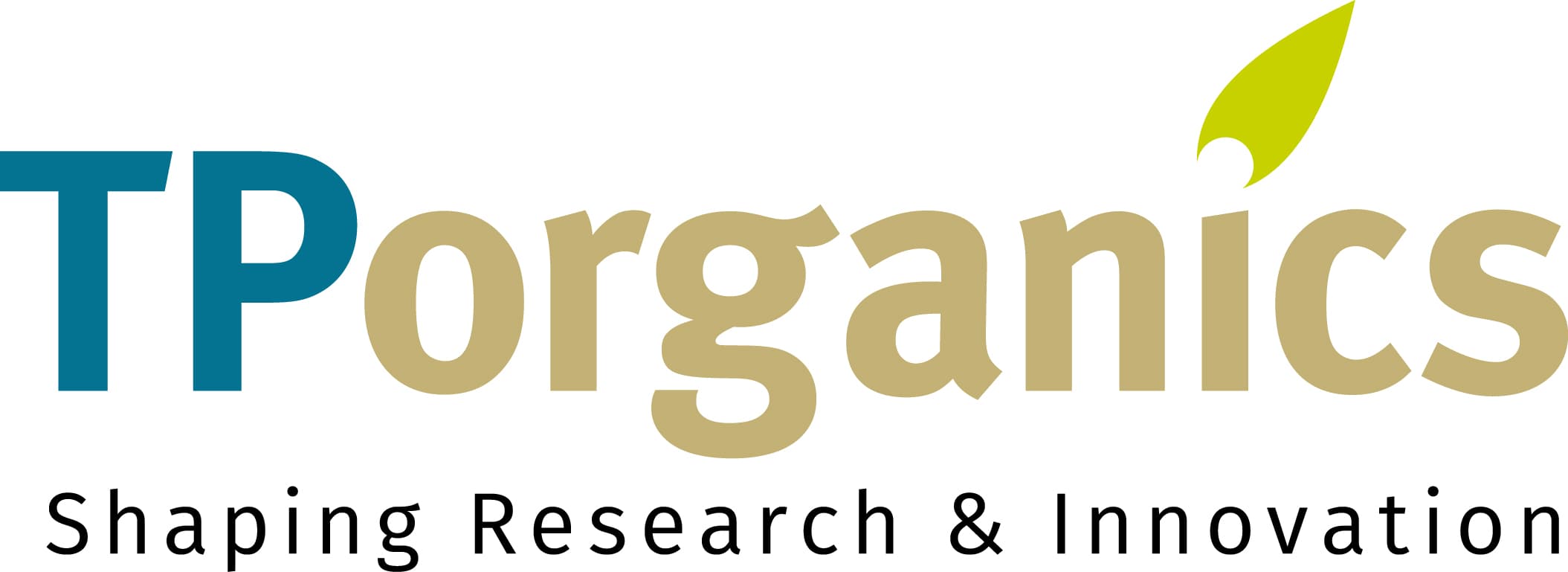Sunflower deployed to Russia

There are technical difficulties with export
SOURCE: Kommersant Newspaper | Issue 207 | 12.11.2020 | Page 10
Less than two months before a possible increase in export duties on sunflower from 6.5% to 30%, exporters of this crop had difficulties in obtaining phytosanitary certificates for supplies. Market participants do not exclude that informal export restrictions have been introduced in this way: this threatens to disrupt already concluded contracts and losses for traders.
A source in the market told Kommersant about the difficulties with the issuance of phytosanitary certificates for the export of sunflower by the territorial bodies of the Rosselkhoznadzor. Individual cases in the south of Russia are reported by market participants, Andrei Sizov, director of Sovecon, confirmed. Dmitry Rylko, Director General of the Institute for Agrarian Market Studies (IKAR), says that the market is “formalizing the approach” to the issuance of phytosanitary certificates, which may lead to an increase in the time required for obtaining documents, idle time of ships, etc.
Difficulties with the issuance of phytosanitary certificates for the export of sunflower appeared after reports of a possible increase in the export duty on this crop from the current 6.5% to 30% from January 1, 2021. The issue was discussed at a meeting of the subcommittee on customs-tariff and non-tariff regulation, protective measures in foreign trade on November 9.

According to a Kommersant source, the increased duty may be valid until the end of the season, which ends on August 31, 2021.
The Ministry of Economy reported that the issue of introducing additional measures to regulate the export of sunflower seeds is being considered, including the introduction of a permitting procedure for export and an increase in export duties. As Dmitry Rylko notes, this news could have already affected the prices for culture, which since the end of last week have grown by 4 thousand rubles, to 40 thousand rubles. per ton.
Last week the Oil and Fat Union called for the prompt adoption of protective measures to prevent the mass export of oilseeds from the country (unites the largest sunflower processors – Rusagro Group of Companies, EFKO, NMZhK, Yug Rusi, etc.). They warned that Turkey’s decision to reduce the import duty on sunflower from 3% plus € 100 per tonne to 0% could cause an increase in crop prices in Russia by more than 10 thousand rubles. per ton and will lead to a “collapse” in the market, up to a complete stop of the fat and oil industry. This season, sunflower exports may double, to 2.5 million tons, while the total harvest of 13 million tons will be enough to load less than 70% of the processing capacity, the union said. According to the Center for Agroanalytics of the Ministry of Agriculture, this season, from September 1 to October 25, sunflower exports from Russia increased 3.7 times, to 183.4 thousand tons, mainly to Bulgaria and Turkey. Mikhail Maltsev, the executive director of the Fat and Oil Union, says that he is not aware of the difficulties in issuing certificates for the export of sunflower seeds.
As Andrey Sizov notes, exporters will suffer the most from informal restrictions. This is not considered a force majeure event, and due to the failure of already concluded contracts, traders will have to pay the buyers the difference between the cost of the disrupted delivery and a new contract to be concluded by the importer, he explains.

According to the expert's estimates, the additional costs of exporters may amount to several tens of dollars per ton.
Similar difficulties with the issuance of certificates for the export of oilseeds already existed in March before the complete ban on the export of sunflower, soybeans and rapeseed from the EAEU countries, introduced from April 12 to June 30, recalls Andrey Sizov.
The Rosselkhoznadzor does not record any difficulties with the export of sunflower and says that phytosanitary certificates are issued in working mode. The Ministry of Agriculture notes that in October the rate of export of sunflower and soybeans increased significantly, which indicates that the procedure has not become more complicated. In addition, in some cases, the timing of registration and issuance of a certificate may be associated with the state of a particular batch, they add there. The Rosselkhoznadzor adds that often declarations of conformity for export consignments are issued on the basis of test reports from non-existent laboratories or without research for all mandatory indicators, including GMOs, and also do not reflect the use of pesticides.
For more information, please visit the original source of this article.






